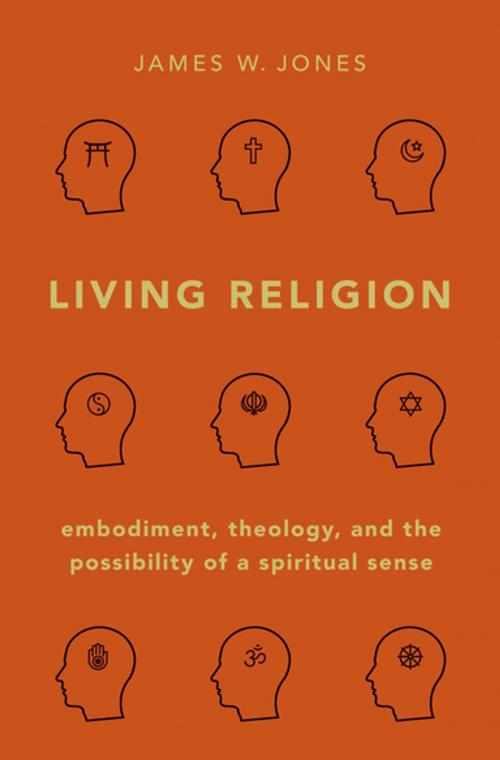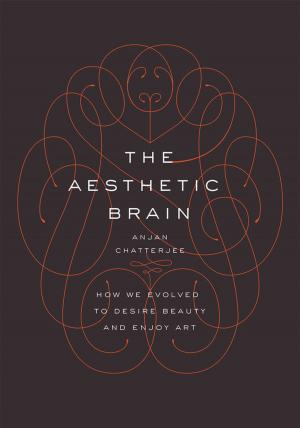Living Religion
Embodiment, Theology, and the Possibility of a Spiritual Sense
Nonfiction, Religion & Spirituality, Reference, Psychology of Religion, Philosophy| Author: | James W. Jones | ISBN: | 9780190927400 |
| Publisher: | Oxford University Press | Publication: | March 1, 2019 |
| Imprint: | Oxford University Press | Language: | English |
| Author: | James W. Jones |
| ISBN: | 9780190927400 |
| Publisher: | Oxford University Press |
| Publication: | March 1, 2019 |
| Imprint: | Oxford University Press |
| Language: | English |
Is it reasonable to live a religiously oriented life, or is such a life the height of irrationality? Has neuroscience shown that religious experiences are akin to delusions, or might neuroscience actually support the validity of such experiences? In Living Religion James W. Jones offers a new approach to understanding religion after the Decade of the Brain. The modern tendency to separate theory from practice gives rise to a number of dilemmas for those who think seriously about religion. Claims about God, the world, and the nature and destiny of the human spirit have been ripped from their context in religious practice and treated as doctrinal abstractions to be justified or refuted in isolation from the living religious life that is their natural home. Jones argues that trends in contemporary psychology, especially an emphasis on embodiment and relationality, can help the thoughtful religious person return theory to practice, thereby opening up new avenues of religious knowing and new ways of supporting the commitment to a religiously lived life. This embodied-relational model offers new ways of understanding our capacity to transform and transcend our ordinary awareness and shows that it can be meaningful and reasonable to speak of a "spiritual sense." The brain's complexity, integration, and openness, and the many ways embodiment influences our understanding of ourselves and the world, all significantly impact our thinking about religious understanding. When linked to contemporary neuroscientific theories, the long-standing tradition of a spiritual sense is brought up to date and deployed in support of the argument of this book that reason is on the side of those who choose a religiously lived life.
Is it reasonable to live a religiously oriented life, or is such a life the height of irrationality? Has neuroscience shown that religious experiences are akin to delusions, or might neuroscience actually support the validity of such experiences? In Living Religion James W. Jones offers a new approach to understanding religion after the Decade of the Brain. The modern tendency to separate theory from practice gives rise to a number of dilemmas for those who think seriously about religion. Claims about God, the world, and the nature and destiny of the human spirit have been ripped from their context in religious practice and treated as doctrinal abstractions to be justified or refuted in isolation from the living religious life that is their natural home. Jones argues that trends in contemporary psychology, especially an emphasis on embodiment and relationality, can help the thoughtful religious person return theory to practice, thereby opening up new avenues of religious knowing and new ways of supporting the commitment to a religiously lived life. This embodied-relational model offers new ways of understanding our capacity to transform and transcend our ordinary awareness and shows that it can be meaningful and reasonable to speak of a "spiritual sense." The brain's complexity, integration, and openness, and the many ways embodiment influences our understanding of ourselves and the world, all significantly impact our thinking about religious understanding. When linked to contemporary neuroscientific theories, the long-standing tradition of a spiritual sense is brought up to date and deployed in support of the argument of this book that reason is on the side of those who choose a religiously lived life.















